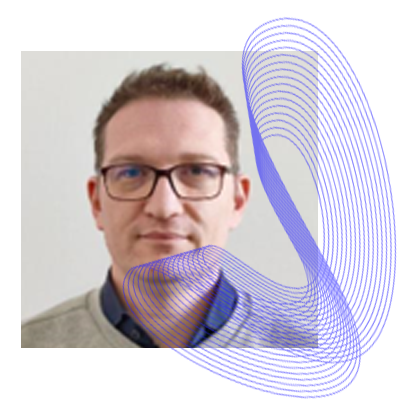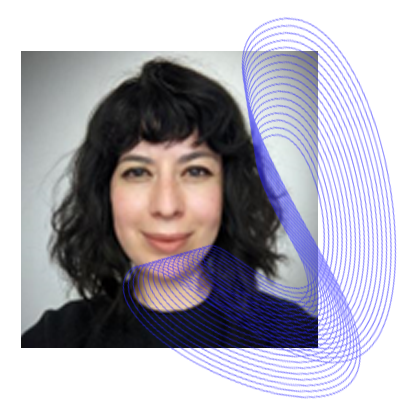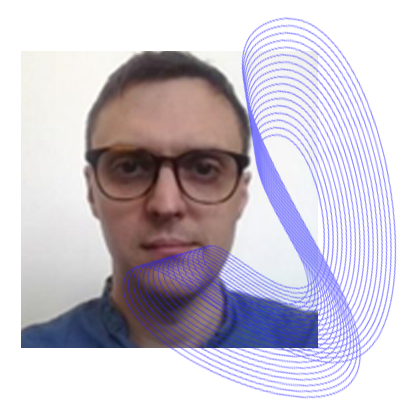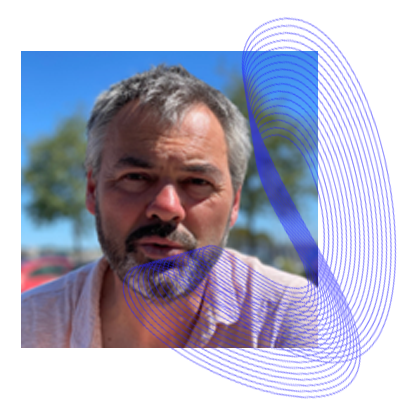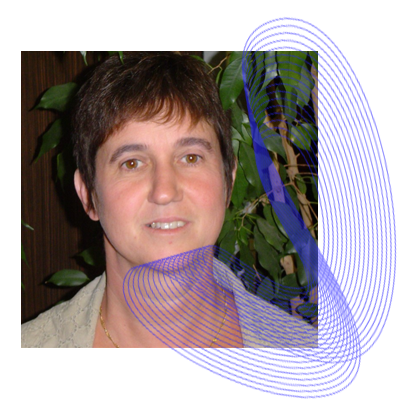SPEAKERS BIOGRAPHIES
UNAM, MEXICO
|
(Institute of Chemistry, UNAM)
|
Dr. Torres Ochoa obtained his Ph.D. in 2014 at UNAM under the supervision of Prof. Roberto Martínez. His doctoral studies were centralized on synthesizing the indole alkaloids tronocarpine and goniomitine. Afterward, he moved to the Ecole Polytechnique Federale de Lausanne in Switzerland to join as a postdoc fellow in the research group of Prof. Jieping Zhu. During this period, his research efforts were dedicated to the total synthesis of the marine alkaloid hinckdentine A and developing new synthetic methodologies via metal-catalyzed reactions. In 2020, he started his independent career at the Institute of Chemistry, UNAM. His current research program primarily focuses on designing novel copper-catalyzed tandem transformations using oxime derivatives as substrates and applying such methods to the total synthesis of bioactive molecules. He has been part of the National System of Researchers (Mexico) since 2019.
|
|
(Institute of Chemistry, UNAM) |
David Morales-Morales carried out his B.Sc and M.Sc at the Chemistry School of the Universidad Nacional Autónoma de México (UNAM) and was awarded his Ph.D from Essex University (UK). Beneficiary of the CONACYT repatriation program, after 3 years as a Posdoctoral Fellow at the University of Hawaii at Manoa (USA), Prof. Morales-Morales takes its current position at the Instituto de Química, UNAM (México, 2001). Prof. Morales-Morales has graduated over 120 BSc. MSc. and PhD. students and published over 220 papers, including 15 reviews in top JCR journals, as well as 11 book chapters (scan QR-ORCID code below). He has served as editor-in-chief of the books “The Chemistry of the Pincer Compounds” (2007) and “Pincer Compounds. Chemistry and Applications” (2018) both edited by Elsevier (Netherlands) and co-authored the textbook in spanish “Introducción a la Química Organometálica” edited by the Chemistry School-UNAM. These publications have been cited over, 6100 times for an h index of 38. He belongs to the Sistema Nacional de Investigadores in the highest level (Level III) and to the PRIDE-UNAM in the highest level at UNAM (Level D). He has been recognized as one of the most cited authors in chemistry at the UNAM- Mexico consecutively in the years 2012, 2013 y 2014 being awarded by the DGAPA-UNAM and Elsevier-SCOPUS. ORCID ID: http://orcid.org/0000-0002-7984-1819
|
|
(Institute of Chemistry, UNAM) |
Professor Cecilio Álvarez y Toledano received his B.Sc. in Chemistry at the Chemistry School of Universidad Autónoma de Puebla, with a thesis conducted at the Chemistry Institute of UNAM under the advisory of Dr. Jesús Romo Armería. His M.Sc was carried out at the division of postgraduate studies of the Chemistry School-UNAM under the advisory of Dr. Jacobo Gómez Lara. He awarded the Third cycle PhD and the PhD (Doctorat d'État) under the supervision of Dr. Henri Rudler at the Pierre and Marie Curie University in Paris, France. He has maintained permanent collaborations with the Pierre and Marie Curie University (France), Paul Sabatier University (France), Autonomous University of Madrid (Spain), San Carlos of Guatemala. His research interests are focused in Organometallic and Organic Chemistry, with particular attention in the synthesis of compounds with biologic applications and material chemistry. Professor Alvarez y Toledano has published over 200 papers. These publications have been cited over, 2600 times for a h-index of 26. He has graduated 21 PhD students, 22 M.Sc and 58 B.Sc. He is Full Researcher “Titular C” at the Chemistry Institute, and Lecture Professor B (permanent) at the Chemistry School of UNAM. He is permanent PRIDE D-UNAM (highest level) and Emeritus Researcher at the Sistema Nacional de Investigadores. Professor Alvarez y Toledano has been recognized with the Academic Merit Medal, awarded by the Academic Staff Association of UNAM, the National Award for Humanistic, Scientific and Technological Research, awarded by the University of San Luis Potosi, the National University Award for Research in Exact Sciences of UNAM and the Andrés Manuel del Río National Chemistry Award for Research, awarded by the Chemical Society of Mexico.
|
|
(Institute of Chemistry, UNAM) |
Dr. Susana Porcel García received her B.Sc. in Chemistry at the Universtity of Granada (Spain) in 2001. After a predoctoral stay (2001-2003) in the “Institut de Chimie des Substances Naturelles” (Gif-Sur-Yvette, France) with Dr. S. Arseniyadis she returned to Spain and completed her Ph.D. in 2007 under the supervision of Prof. A. M. Echavarren. She pursued postdoctoral studies (2007-2010) at the “Laboratoire de Hétérochimie Fondamentale et Appliquée” (Universtiy of Toulouse, France) in the group of Dr. D. Bourissou. Then she moved to Mexico, and after a brief postdoctoral stay with Dr. E. Juaristi (CINVESTAV-IPN, México, D. F.) she joined the Institute of Chemistry at UNAM in september 2010 as a researcher. Her research interests focus on the development of new silver and gold catalytic reactions with application in organic synthesis.
|
|
(Institute of Applied Sciences and Technology, UNAM) |
Dr. Durán-Álvarez is a Mexican chemical engineer, holding a PhD in Environmental Engineering from the National Autonomous University of Mexico (2013). He has held the position of Full Researcher at the University Laboratory of Environmental Nanotechnology of the National Autonomous University of Mexico since 2015. The eclectic scientific production of Dr. Durán-Álvarez encompasses a) the validation of analytical techniques based on chromatography coupled to mass spectrometry to quantify emerging pollutants in environmental matrices; b) the occurrence and environmental fate of emerging pollutants in the urban water cycle as well as in drylands reusing wastewater; c) the synthesis of nanosized semiconductor materials and their characterization as photocatalysts to remove emerging pollutants from water. Following these interests, he has established fruitful collaboration with universities from Latin America, Europe and Africa to create research networks that strengthen the investigation in these areas in developing countries. He has been granted by the Erasmus+ KA107 International Credit Mobility Programme starting collaboration with different research groups in catalysis from Spain. By January 2023, Dr. Durán-Álvarez had published 46 scientific papers in international journals, 12 book chapters, as well as edited a book with Elsevier. Dr. Durán’s publication got more than 1500 citations in Google Scholar and a h-index of 17.
|
|
(Institute of Applied Sciences and Technology, UNAM) |
Dr. Ana Torres is a Researcher on Computational Chemistry in the Institute for applied Sciences and Technology of the National Autonomous University of Mexico (UNAM) as Research Associate. Previously, Ana has worked on research projects on simulations of materials for lithium-based batteries as postdoc in Texas A&M University and in the National Laboratory in Energy Conversion and Storage of Mexico. She has been honored as Lindau alumna in the 67th Lindau Nobel Laureate Meeting on Chemistry where she had the unique opportunity to share academic experiences with 28 Nobel Laureates. She graduated with honors as Chemist and holds a Master and PhD degrees in Science (Chemistry) from UNAM. Furthermore, she is also committed with mentoring and empowering high-school girls in disadvantaged situations to pursue a career on STEM fields.
|
|
(Institute of Chemistry, UNAM) |
He completed his undergraduate studies in Chemistry at the School of Chemistry at UNAM in 2000. He then pursued his Ph.D. under the guidance of Prof. Eusebio Juaristi at CINVESTAV-IPN, which he completed in 2005. Following this, he went on to conduct postdoctoral studies with Professors Albert Eschenmoser and Ramanarayanan Krishnamurthy at The Scripps Research Institute in San Diego, California from 2007 to 2009. In 2009, he joined the Institute of Chemistry at UNAM, where he currently works as a Researcher and is head of the Department of Organic Chemistry. His research interests include the development of new organocatalysts, molecular recognition by hydrogen bonding, and stereoselective synthesis. He has 36 publications being a corresponding author in renowned journals, such as, Chemical Science, Angewandte Chemie International Edition, Chemical Communications, The Journal of Organic Chemistry, Catalysis Science and Technology, and Organic Chemistry Frontiers. Throughout his career, he has served as a thesis advisor to 9 undergraduate, 8 master's, and 5 doctoral students. He is acknowledged as a level 2 researcher by the National Researchers System and by the DGAPA-UNAM with PRIDE D. He has taught various organic chemistry courses at the undergraduate level at the School of Chemistry of the UNAM and in the Master's Degree in Chemistry. As hobbies, he likes twisty puzzles, reading, and swimming.
|
|
(Institute of Chemistry, UNAM) |
Manuel Amézquita is an associate professor in the Chemistry Institute (IQ) at the National Autonomous University of Mexico (UNAM). He obtained his bachelor´s degree from the University of Cauca (Colombia), followed by a Ms. and Ph.D. degree at IQ-UNAM and subsequence postdoctoral research at the University of Ottawa. He began his independent career at Chemistry Institute in 2016. His research focuses on synthesizing heterocycles and chiral complexes with applications in catalysis and medicine. Research in his lab is at the intersection of catalysis, synthesis, and sustainability. This includes efforts in carbonylation, epoxidation, and hydrogenation reactions.
|
|
(Institute of Chemistry, UNAM) |
Dr. José G. López-Cortés is a Full Researcher and Head of the Inorganic Chemistry Department at UNAM-Chemistry Institute. He received his PhD degree (Summa cum laude) from UNAM in 2001, under the supervision of Professor Cecilio Alvarez-Toledano. In 2002, he obtained a postdoctoral fellow from the Ministère de Éducation of France, for working with Dr. Eric Manoury and Dr. Jean-Claude Daran at LCC, in Toulouse, France. He then returned to Mexico by the Repatriation Program of CONACYT, obtaining a position at the Chemistry Institute of UNAM in 2003. His research interest focuses on organometallic chemistry and homogeneous catalysis. ORCID: 0000-0002-4508-117X
|
|
(Faculty of Chemistry, UNAM) |
Dr. Itzel Guerrero-Ríos is chemist from Universidad Nacional Autónoma de México (UNAM) and in 2007 obtained her PhD from the Universitá degli Studi di Firenze (Italy) and the Institute of Organometallic Chemical Compounds (ICCOM-CNR) developing 1st-raw transition metal catalysts applied in olefin polymerization. As posdoc she studied silica supported metallocene-catalysts applied in polymerization at the University of Groningen and the Dutch Polymer Institute (2008-2010). Her current research interests are the application of (nano)catalysts for challenging organic transformations and the design of multifunctional materials with application in catalysis, the use of non-conventional media and the design of multifunctional materials with application in catalysis. She is full professor in Inorganic Chemistry at UNAM and since 2019 is the Coordinator of the Bachelor in Chemistry.
|
|
(Institute of Nuclear Sciences, UNAM) |
Dr. M. Carmen Ortega-Alfaro is a Full-time Researcher and Head of the Organometallic Precursors Laboratory in Nuclear Science Institute (ICN) at UNAM. She received her PhD degree from UNAM in 2004, under the supervision of Professor Cecilio Alvarez-Toledano. She carried out a doctoral stage in 2002 at LCC in Toulouse, France. In 2009, she was awarded with a L’oreal-UNESCO-AMC bourse for Women in Science. She has been a visiting professor at the Paul Sabatier University, the Institute Polytechnique de Toulouse, and the Centro de Investigaciones Químicas in Sevilla on four occasions. Her research interests focus on the stabilization of reactive intermediates through organometallic complexes and their application in organic synthesis and catalysis. Design of organometallic precursors for molecular materials with optoelectronic properties. ORCID: 0000-0001-6590-3671
|
SORBONNE UNIVERSITÉ, FRANCE
|
(Institut Parisien de Chimie Moléculaire, SU) |
Christophe Desmarets was born in Saint-Avold (France) and obtained his Ph.D degree (2003) in chemistry from University of Nancy I with Professor Y. Fort on the subject of nickel-catalyzed polyarylamines synthesis for the development of material conductors. In 2004 he spent 18 months as a postdoctoral fellow (Alexander von Humbolt) with Professor John A. Gladysz at Erlangen—Nürnberg where he studied the synthesis of triangular platinum complexes with carbon chain linkages. In 2006 he joined the molecular ARChitectures group at Sorbonne University as Maître de Conférence. His research interests involve the molecular design and synthesis of functional chiral and luminescent coordination assemblies especially metallocages for host-guest chemistry
|
|
(Institut Parisien de Chimie Moléculaire, SU) |
Virginie Mouriès-Mansuy is professor at the Institut Parisien de Chimie Moléculaire, Sorbonne University. She obtained her PhD from the Ecole Polytechnique under the supervision of F. Mathey. Her thesis project dealt with the development of new 1-phospha-norbornadiene ligands and their applications in catalysis. After a post-doctoral stint at U Paris Cité on the elaboration of new porphyrin-based biomimetic oxidation catalysts, she joined the group of L. Fensterbank and M. Malacria at UPMC as a temporary lecturer (2000-02). She worked notably on the initial developments of the PtCl2-catalyzed rearrangements of polyunsaturated substrates. In 2002, she was appointed as assistant professor at UPMC and worked in the team of G. Lhommet on heterocyclic chemistry and total synthesis of alkaloids. In 2010, she joined back the group of L. Fensterbank and is conducting research activities in the field of gold-catalyzed reactions, the design of new chiral ligands and the study of their coordination mode as well as the total synthesis of natural products.
|
|
Monica Calatayud (Laboratoire de Chimie Théorique, SU) |
Monica Calatayud works at the Theoretical Chemistry Lab in Sorbonne Université. She obtained her PhD in Chemistry in Universitat Jaume I (Castello, Spain), then moved to Paris as a postdoctoral researcher in 2001. She has been Marie Curie individual fellow and appointed junior member of Institut Universitaire de France. Her main interest in research is the modelling of materials, with special focus in surfaces structure and reactivity, using quantum chemical tools. She is involved in local, national and international research networks as well as teaching programs.
|
|
Maxime Vitale (Laboratoire des Biomolécules, SU/PSL Université) |
Maxime R. Vitale is currently working at the Laboratoire des Biomolécules (LBM), Sorbonne Université / PSL Université. He obtained his PhD from this same University in 2004 and after 3 post-doctoral stay under the supervision of Prof. Aggarwal, Prof. Van Maarseveen and Dr. Michelet, respectively, he was recruited at the CNRS in 2008. He led his research activities at Chimie ParisTech until he joined the LBM in 2019. His research activities cover the development and understanding of original catalytic methods, with a recent curiosity for electro- or photo-mediated multicomponent processes.
|
|
Lydia Sosa Vargas (Centre Nationale de la Recherche Scientifique; Institut Parisien de Chimie Moléculaire, SU) |
Lydia Sosa Vargas is a CNRS researcher at the Institut Parisien de Chimie Moléculaire, Sorbonne Université since 2017. Originally from Mexico, she obtained her PhD from the University of East Anglia in the UK. She carried out her first postdoctoral position in Japan at the National Institute of Advanced Industrial Science and Technology. In 2015, she joined the Polymer Chemistry team at Sorbonne University for her second postdoc before being recruited by the CNRS as a tenured researcher. Her research interests involve the molecular design and synthesis of pi-conjugated materials for applications in organic electronic and photonic devices, and supramolecular self-assembly at the nanoscale.
|
|
Alexandre Pradal (Centre Nationale de la Recherche Scientifique; Institut Parisien de Chimie Moléculaire, SU) |
Alexandre Pradal is a CNRS research investigator at the Institut Parisien de Chimie Moléculaire, Sorbonne Université since 2016. He obtained his PhD in 2012 from Université Pierre et Marie Curie (now Sorbonne Université) under the supervision of Dr. Véronique Michelet and Dr. Patrick Toullec. He carried out his first postdoctoral position in Belgium at the Université Libre de Bruxelles under the supervision of Prof. Gwilherm Evano between 2013 and 2014. His research topic was about the development of copper-catalyzed reactions. In 2015, he carried out a second postodoctoral position in the group of Prof. Christopher J. Moody at the University of Nottingham (UK), where he worked on the total synthesis of diazonamide A. He then joined the group of Prof. Vincent Dalla and Dr. Catherine Taillier for a third postdoctoral position at Normandie Université in Le Havre (France), where he tried to develop new reactions with ynamides. In 2016, he was recruited by the CNRS as a tenured researcher, joining the ROCS team at Sorbonne University. His research interests involve the development of new catalytic methods for C-H functionalization reactions, the development of domino reactions for the preparation of complex molecular scaffolds, the valorization of biomass-derived molecules (terpenes, lignin-derived) and the application of the methods developed in the total synthesis of relevant natural products.
|
|
Frank Launay (Laboratoire de Réactivité de Surface, SU) |
Franck Launay is Full Professor at Sorbonne Université (Paris) in the Laboratoire de Réactivité de Surface since 2010. His research activities focus on the utilization of porous materials for the design of selective and stable heterogeneous catalysts with applications targeting the valorisation of alkenes, CO2 (reduction or cycloaddition), biomass (oxidative or reductive cleavage of lignin) and, recently polymer waste. He has thus investigated the incorporation of hetero-elements such as Al, Ga and Ti into mesoporous silicas to design catalysts for epoxidation, C-C oxidative cleavage in the presence of H2O2 and alkene isomerization. He has also worked on the development of composite materials with hierarchical porosities resulting from the association of mesoporous oxides and zeolites. Now, his two main research axes concern the implementation of, on one hand, supported homogeneous catalysts through the covalent grafting of organocatalysts, metal complexes, clusters such as polyoxometalates or even enzymes, and, on the other hand, heterogeneous catalysts through the deposition of zero-valent metal / metal oxide colloids or their heterogeneous nucleation for total hydrogenation of arenes, C-O hydrogenolysis, dry reforming of methane or photo-catalysis. Based on this expertise, he is particularly interested in the development of heterogeneous catalysts involving at least two active sites and has tested combinations of only inorganic or organic active phases or both, thus enabling the oxidative cleavage of alkenes into carboxylic acids by H2O2, the aerobic epoxidation of alkenes and more recently the conversion of alkenes into cyclic carbonates in the presence of O2 and CO2. https://orcid.org/0000-0001-7504-9659
|
|
Anne-Lise Poquet (International Student Mobility, Master of Chemistry, SU) |
Ass. Prof. in organic chemistry. She experienced herself the advantages of both thematic and geographic mobility. After a Ph.D. dealing with organic photochemistry in Reims, a postdoc as JSPS fellow in electro-organic chemistry in Okayama, she developed total syntheses of natural products by transannular radical cyclizations or Pt(II) catalyzed cycloisomerizations. International mobility coordinator for Master of Chemistry, she has built several international masters with Okayama, UBC Vancouver and UFlorida. She manages the placements of students for research training period all over the world. She is the European leader of Trans-Atlantic Science Student Exchange Program (TASSEP) with USA and Canada. She is the President of French Alumni of JSPS.
|
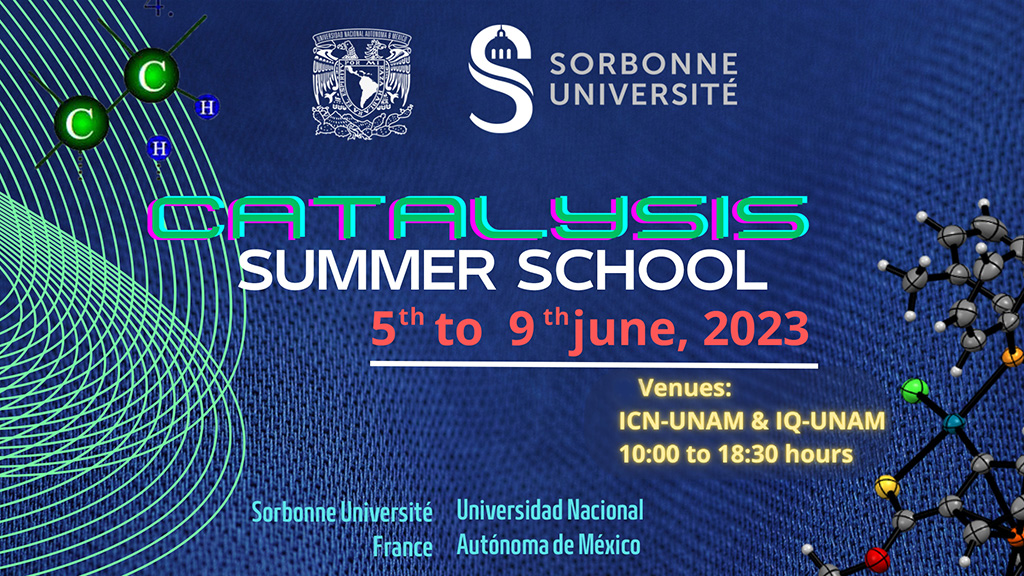
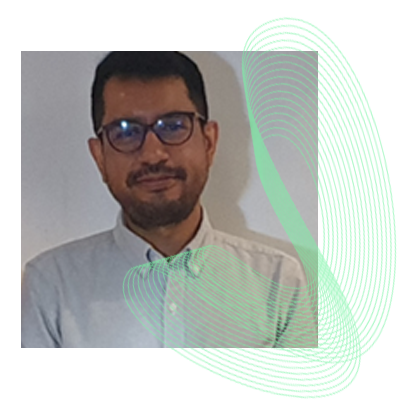
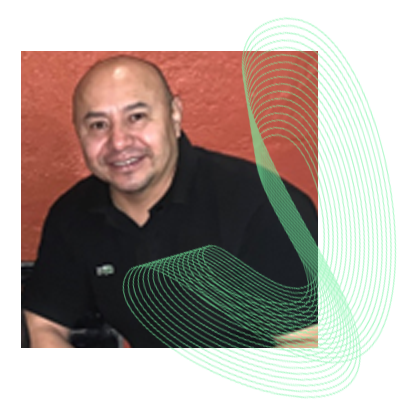 David Morales Morales
David Morales Morales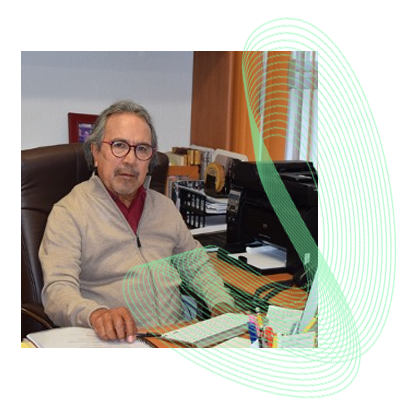
 Susana Porcel García
Susana Porcel García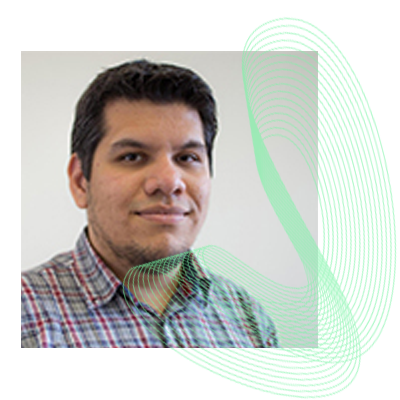 J. Carlos Durán Álvarez
J. Carlos Durán Álvarez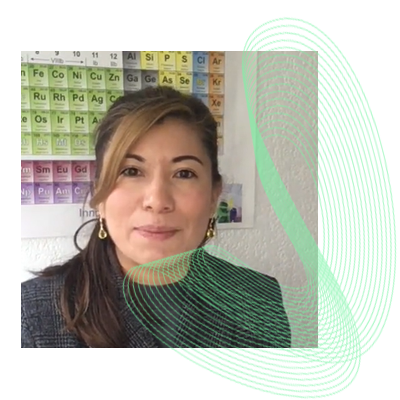 Ana E. Torres Hernández
Ana E. Torres Hernández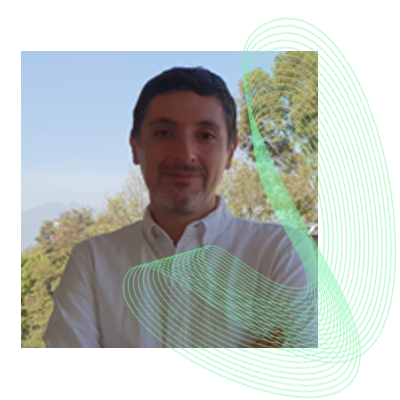 Marcos Hernández Rodríguez
Marcos Hernández Rodríguez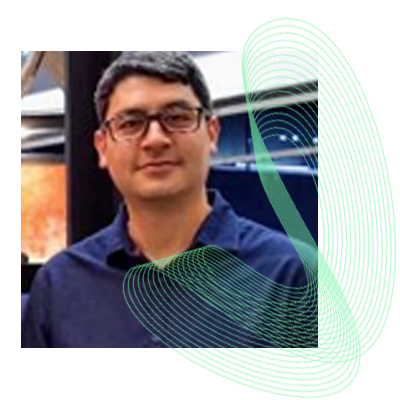 Manuel Amezquita Valencia
Manuel Amezquita Valencia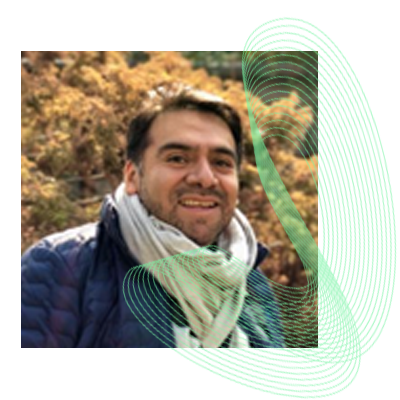 José G. López Cortés
José G. López Cortés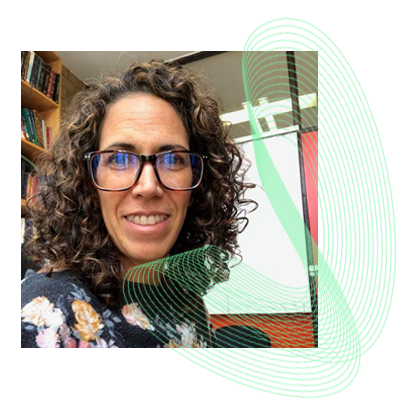 Itzel Guerrero Ríos
Itzel Guerrero Ríos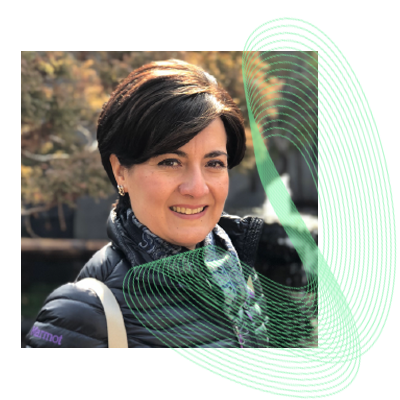 Ma. del Carmen Ortega Alfaro
Ma. del Carmen Ortega Alfaro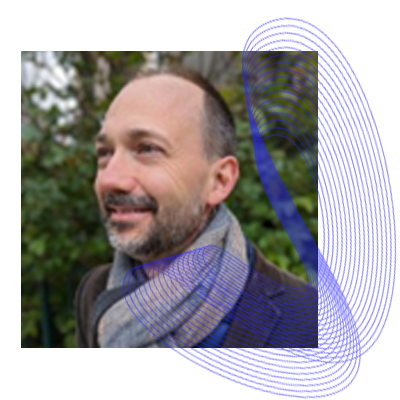
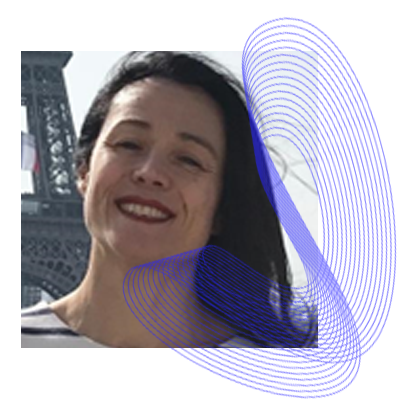 Virginie Mouriès-Mansuy
Virginie Mouriès-Mansuy
